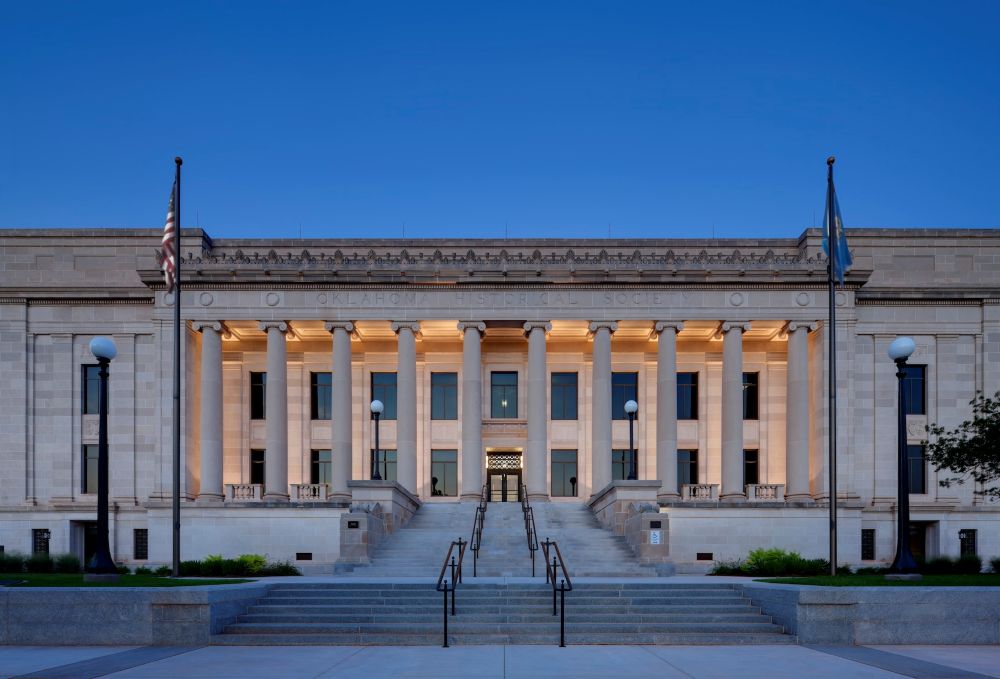Oklahoma Supreme Court Rejects Income Tax Exemption for Tribal Member
In a landmark ruling with broad implications for tribal sovereignty and state taxation, the Oklahoma Supreme Court has denied an income tax exemption claim made by a Muscogee (Creek) Nation member, declining to extend the U.S. Supreme Court’s McGirt v. Oklahoma decision to civil and tax law matters.
The case involved Alicia Stroble, who sought income tax relief for the years 2017, 2018, and 2019 under the "Exempt Tribal Income Exclusion." Stroble, a recognized member of the Muscogee (Creek) Nation, asserted that her income was not subject to state tax because she lived and worked within what she contended was Indian Country. The Oklahoma Tax Commission disagreed, arguing that Stroble resided on "unrestricted, non-trust, private fee land," which does not qualify as Indian Country under the Commission’s interpretation.
Stroble’s appeal referenced the 2020 McGirt ruling, which reaffirmed the continued existence of the Muscogee (Creek) Nation’s reservation. The U.S. Supreme Court in that case held that much of eastern Oklahoma remains Indian Country for the purposes of federal criminal law under the Major Crimes Act. However, Oklahoma’s highest court maintained that the McGirt decision applies solely to criminal jurisdiction and does not impact civil or tax matters unless explicitly extended by Congress or the U.S. Supreme Court.
"The United States Supreme Court’s declaration—113 years after statehood—that nearly half of Oklahoma is a reservation is unprecedented," the Oklahoma Supreme Court stated. "To date, the United States Supreme Court has not extended its ruling in McGirt to the State’s civil or taxing jurisdiction. And it is not this Court’s place to do so."
The majority opinion was issued per curiam, with five separate concurring opinions and one dissent. Chief Justice M. John Kane IV emphasized that Stroble’s claim, which predated the McGirt ruling, could not benefit retroactively. He also noted that while the Oklahoma Tax Commission uses the federal definition of Indian Country in its rules, the broader implications of McGirt on civil law remain unresolved.
Justice Kane cautioned against dismissing Stroble’s claim purely on the basis of historical practice. He referenced a powerful quote from Muscogee traditionalist Chitto Harjo, who in 1906 reminded Congress of the enduring promises made to Native peoples: "As long as the sun rises... the agreement shall last." Kane wrote that relying solely on the passage of time to bar claims like Stroble’s would further reflect historical inequity toward Native Oklahomans.
Three justices dissented, asserting that the outcome should have been guided by longstanding U.S. Supreme Court precedent regarding taxation and the definition of Indian Country. They emphasized that Oklahoma, upon statehood, was required to disclaim jurisdiction over Native Americans and that federal law and treaties remain binding.
Stroble’s legal team has indicated a possible appeal to the U.S. Supreme Court or a federal court, and has requested a stay of the decision’s implementation while that option is considered. Her attorney noted that while McGirt was a key reference, other Supreme Court decisions, such as McClanahan v. Arizona State Tax Commission, also support the exemption claim.
Reactions to the decision have highlighted the ongoing divide between state leadership and tribal governments. Oklahoma Governor Kevin Stitt praised the ruling, calling it a victory for legal uniformity. "Tribal governments and some elected officials have pushed for special tax exemptions that would create a two-tiered system," Stitt stated. "This ruling makes it clear that attempts to expand McGirt into civil and tax matters have no basis in the law."
Stitt, himself a citizen of the Cherokee Nation, has faced criticism from tribal leaders over his administration's handling of tribal-state relations, particularly regarding gaming revenue and jurisdiction.
Muscogee Nation Principal Chief David W. Hill expressed disappointment with the court’s decision, calling it a departure from well-established federal precedent. "We have seen Oklahoma state courts go through legal gymnastics to reach results inconsistent with federal law," Hill said, adding that the Nation is reviewing the decision and planning next steps.
Cherokee Nation Principal Chief Chuck Hoskin Jr. echoed similar concerns, pushing back against what he described as misleading rhetoric. "It’s unfortunate that Governor Stitt continues to describe this case as tied to ‘race-based tax exemptions.’ That’s simply not true—it’s about respecting the law and long-established precedent," Hoskin said.
The ruling may affect more than 11,500 similar claims pending in Oklahoma, as noted in the court’s opinion and in a case study issued by the Oklahoma Society of CPAs. The organization advised claimants to maintain their filings while appeals are pending, indicating that the matter is far from settled.
The broader implications of McGirt remain a point of legal uncertainty. While the 2020 decision affirmed tribal sovereignty in criminal matters, its ripple effects in areas such as taxation, regulatory enforcement, and civil jurisdiction are still being tested in courts across Oklahoma and beyond.

COMMENTS (0)
Sign in to join the conversation
LOGIN TO COMMENT